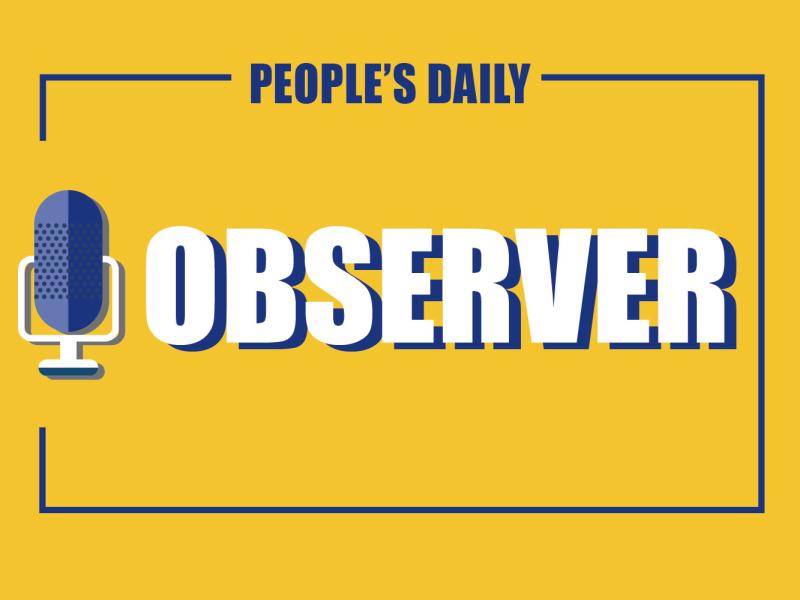
Another fatal shooting of an African American by a white police officer happened again, this time in Atlanta, Georgia, on June 12, which has fueled outrage and protests over the deaths of African-Americans at the hands of law enforcement and accusations of systemic racism in the police force.
Rayshard Brooks, 27, was shot dead by police at a Wendy's drive-through after officials said he resisted arrest and grabbed a Taser from the officer. Afterwards local media reported that the autopsy of Brooks showed he was shot twice in the back and died from organ damage and blood loss. The manner of death was listed as a homicide.
This incident is such a completely unexpected case of “out of the frying pan into the fire,” which is really shocking.
Brooks' death came just two-and-a-half weeks after the death of George Floyd, an unarmed black man extra-judicially killed by a white Minneapolis police officer. The death of Floyd ignited a wave of raging protests for racial justice and police reform across the whole US.
What is more appalling is that Brooks’ death is this year’s 48th police shooting that the Georgia Bureau of Investigation has been asked to probe. It is conceivable that the figure is much larger when it comes to the entire country.
US racial inequality is hence again under the spotlight.
"There is not a single era in United States history in which the police were not a force of violence against black people," wrote Mariame Kaba in the New York Times, pointing out that the police violence against African Americans has long existed in the US.
CNN, meanwhile, drew more attention to the persistent inequalities in wealth, health and opportunity between black and white Americans. “Those disparities exist because of a long history of policies that excluded and exploited black Americans,” said Valerie Wilson, a program director at the Economic Policy Institute.
The US spent a century outlawing racial segregation after the abolition of slavery in the country, and all forms of segregation had been declared unconstitutional by 1968.
But efforts to achieve racial equality seem to end in vain as ethnic minorities suffer more discrimination or hatred in today’s America. Recent deaths of black men at the hands of white officers has exemplified the issue clearly.
The US has been playing the world’s cop for a long time, intervening in other countries’ domestic affairs and denouncing their human rights. But the reality is that the US doesn’t come up with any effective practice to fix its own problems.
If the US government cannot properly address racial inequality, then it will always be a bleeding wound that will never heal.


